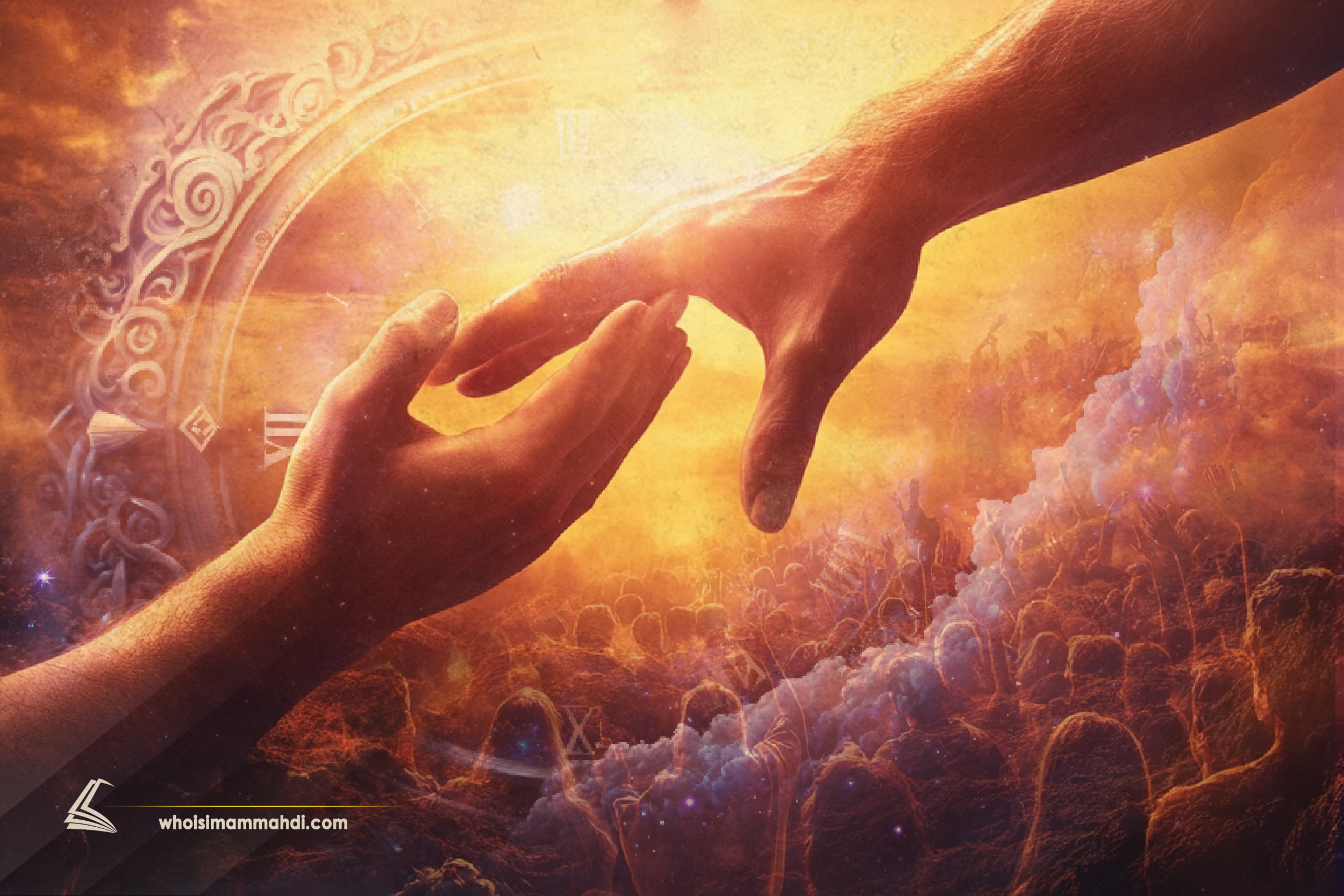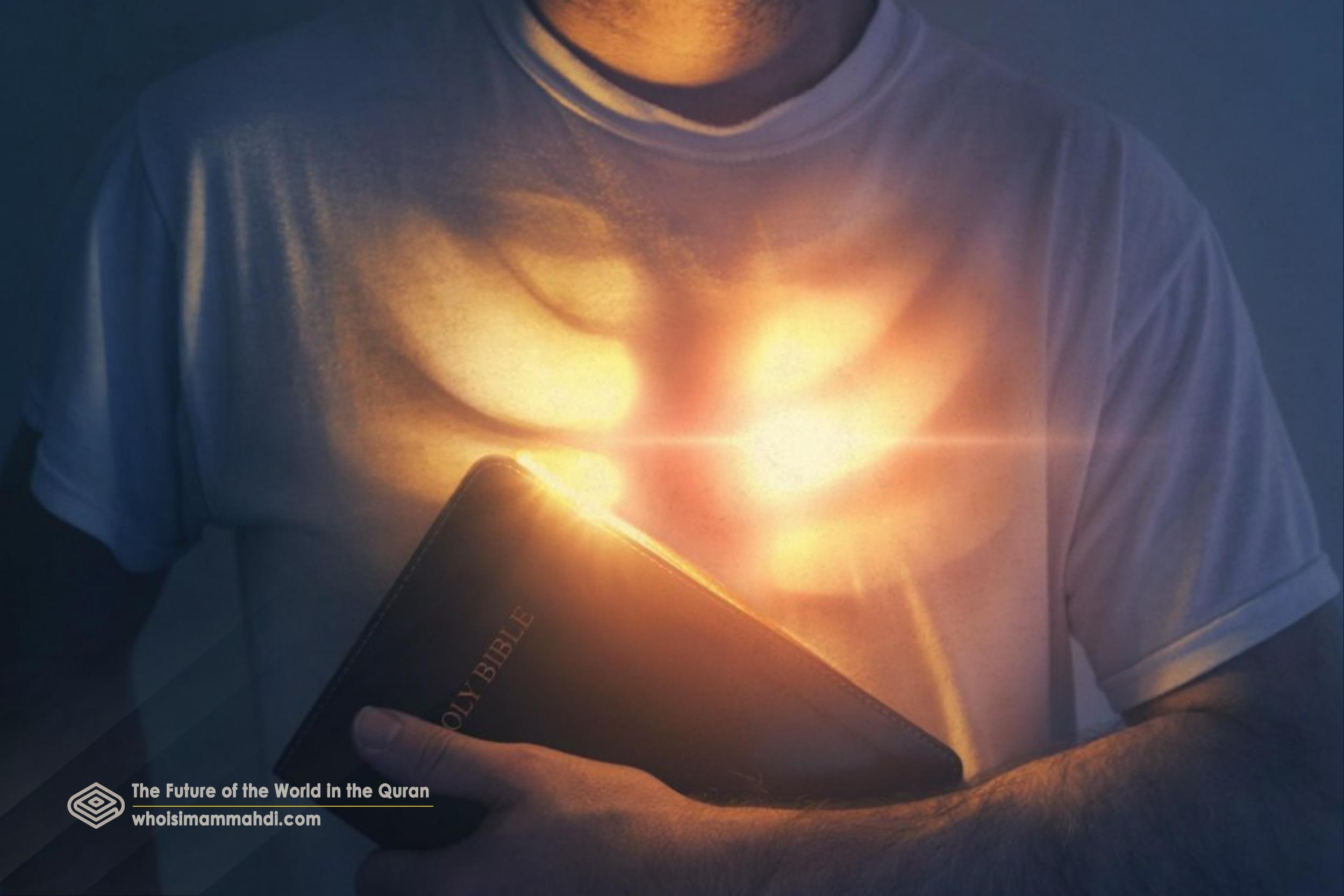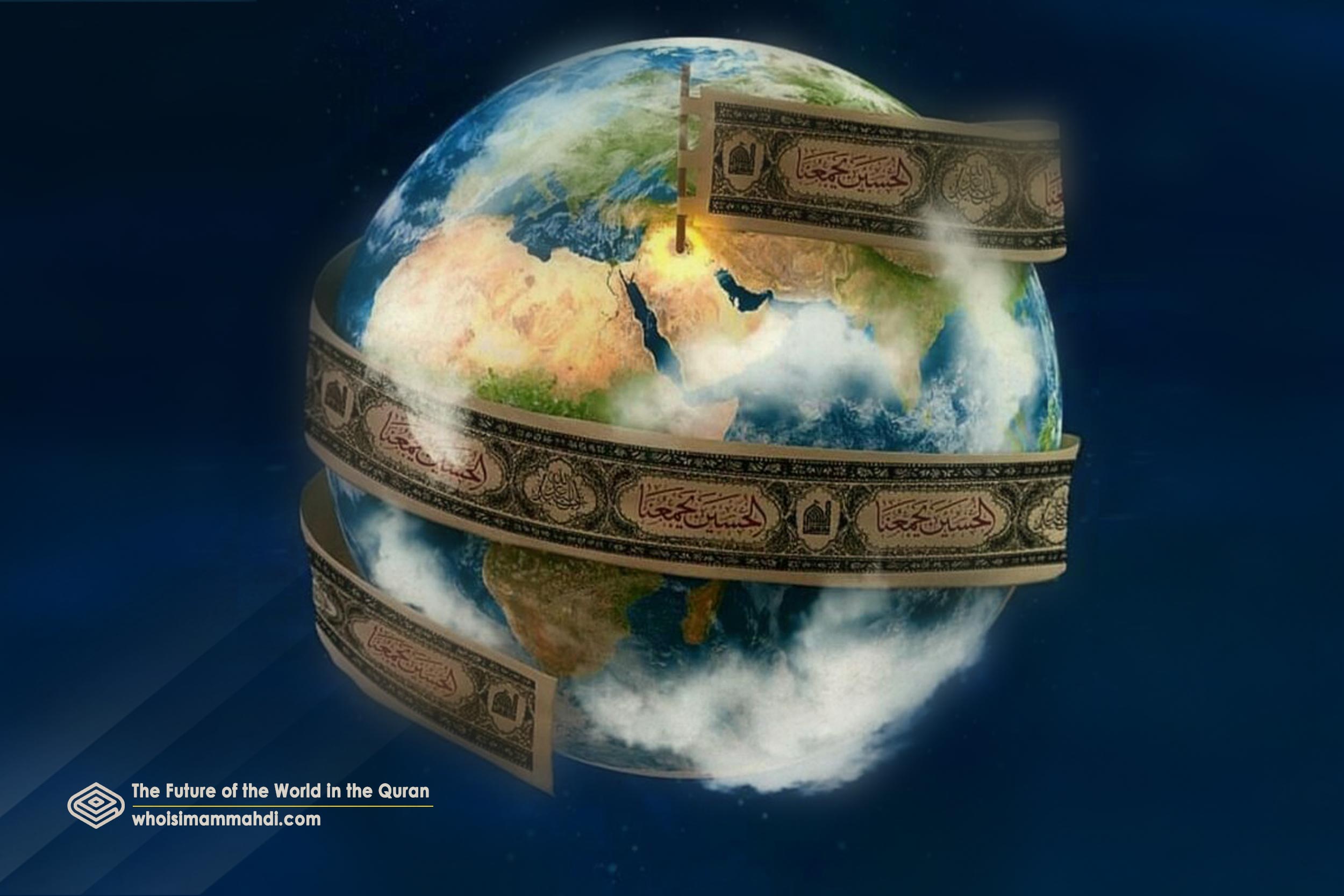Examining Some Quranic Verses Regarding the Advent of the Promised Savior
Since all divine and non-divine religions address the human being, all religions, despite their differences, share common teachings and discuss key issues in human life, such as the origin of human creation, the purpose of creation, the fate of humans after death, God, and so on. One of these common topics is the future of the world and humanity, along with the concept of Messianism.
Human beings, regardless of their race or beliefs, possess a common fitrah (pure primordial nature) that results in shared concerns; addressing the future and the advent of the Promised Savior is part of these common concerns. All divine and non-divine religions, as they are inherently connected to human fitrah, respond to this concern and have spoken about the future of the world and humanity. Interestingly, without exception, they describe humanity’s ultimate destiny on earth as one filled with happiness and bliss, speaking of a bright future that will come under the guidance of the Promised Savior and his rule. In various religions, around three hundred names have been mentioned for the Promised Savior, with the most frequently mentioned being Qa’im, meaning “the one who rises.”
The Holy Quran, as the miracle of the final messenger of Allah and a book that completes the teachings of all divine religions, has given special attention to this topic and has specifically addressed the future of the world and humanity. The future of the world in the Holy Quran is intertwined with the advent of the Promised Savior, and dozens of verses in the Quran are dedicated to this subject. More than six thousand hadiths from Prophet Muhammad (PBUH) and his successors have been narrated on this matter, with the Prophet’s own words being the most numerous, to the extent that if one were to ask different Islamic sects about the topic on which the Prophet spoke most frequently, they would unanimously point to discussions about the future of the world and the advent of Imam Mahdi (AJ) as the Promised Savior of religions. All Islamic sects agree that the one who will come at the End Times to establish the religion of truth all over the world is a descendant of the Prophet, known by the sacred name Mahdi (PBUH).
Given the Quran’s unique perspective on the future and the Promised Savior, along with numerous verses dedicated to these topics, this series of articles will explore the future of the world in the Quran and discuss various verses revealed on this subject.
The Conflict Between Truth and Falsehood and the Destruction of Satan at the Advent of the Savior
One of the verses that speaks about the global prevalence of God’s religion at the End Times is verse thirty-three of Surah At-Tawbah (Repentance):
“It is He who sent His Messenger with the guidance and the religion of truth, in order to make it prevail over all religions, even though disbelievers dislike it.”
In this verse, God announces an important event: the sovereignty of the Religion of Truth, i.e., the religion of the Ahl al-Bayt (PBUT), over the entire world and its triumph over other religions despite the resistance and troubles caused by polytheists. According to this verse, polytheists and the people of falsehood resist this matter and start to make troubles and create obstacles because they see the sovereignty of the religion of truth as contrary to their interests. As a result, a conflict emerges between the forces of truth and falsehood. Ultimately, this struggle results in the victory of truth, and the people of truth will use their power to eradicate falsehood.
A similar verse can be found in verse seven of Surah al-Anfal (The Spoils of War). In part of this verse, Allah says:
“Allah intends to prove the truth (Islam) with His words, and to uproot disbelievers.”
In the following verse, He states: “In order to confirm the truth and nullify falsehood, even though evil-doers dislike it.”
An important point regarding this verse is the use of the term “with His words.” Allah says He will accomplish this through His words. The term “words” can have multiple meanings, but its highest interpretation in the Quran refers to divine leaders; as mentioned in verse 45 of Surah Al-Imran, Jesus Christ (PBUH) is referred to as a word of Allah. In the interpretation of this verse, Imam Baqir (PBUH) narrates that God intends to carry out this task and restore the right of Prophet Muhammad’s Household (PBUT) to them, but this has not yet been accomplished.
The one who fulfills this task is the Promised Savior, the Mahdi (AJ) from the Household of Muhammad (PBUH), who will rise at the End Times and restore this usurped right to its rightful owners.
Naturally, to eliminate falsehood completely, we must first uproot its origins. As long as the roots remain firm, no matter how much we prune the branches, we will not achieve our ultimate goal. One of the most significant roots of falsehood and the primary source of oppression, corruption, and crime on earth is a being called Satan – the sworn enemy of the human being who, from the beginning of human creation, vowed to devote all his efforts to diverting humanity from the right path and preventing them from reaching the noble purpose of their creation. As long as Satan exists, the condition of humanity will not improve. Therefore, one of the most crucial actions that Imam Mahdi (AJ) will undertake to eradicate falsehood and establish righteousness on earth is the destruction of Satan.
In the Holy Quran, Surah Al-Hijr (The Rocky Tract), verses thirty-six to thirty-eight, it is quoted from Satan himself that he requested respite from God until the Day of Judgment. However, God declared that He would grant him respite only until an appointed time. [1] This appointed time is when falsehood will be destroyed, and disbelievers, hypocrites, and evildoers will be entirely uprooted from the earth.
In the subsequent articles, we will delve further into other verses from the Holy Quran that address the advent of the Promised Savior and the bright future of humanity.
[1]. Satan appealed, “My Lord! Then delay my end until the Day of their resurrection.”
Allah said, “You will be delayed until the appointed Day.”






































































